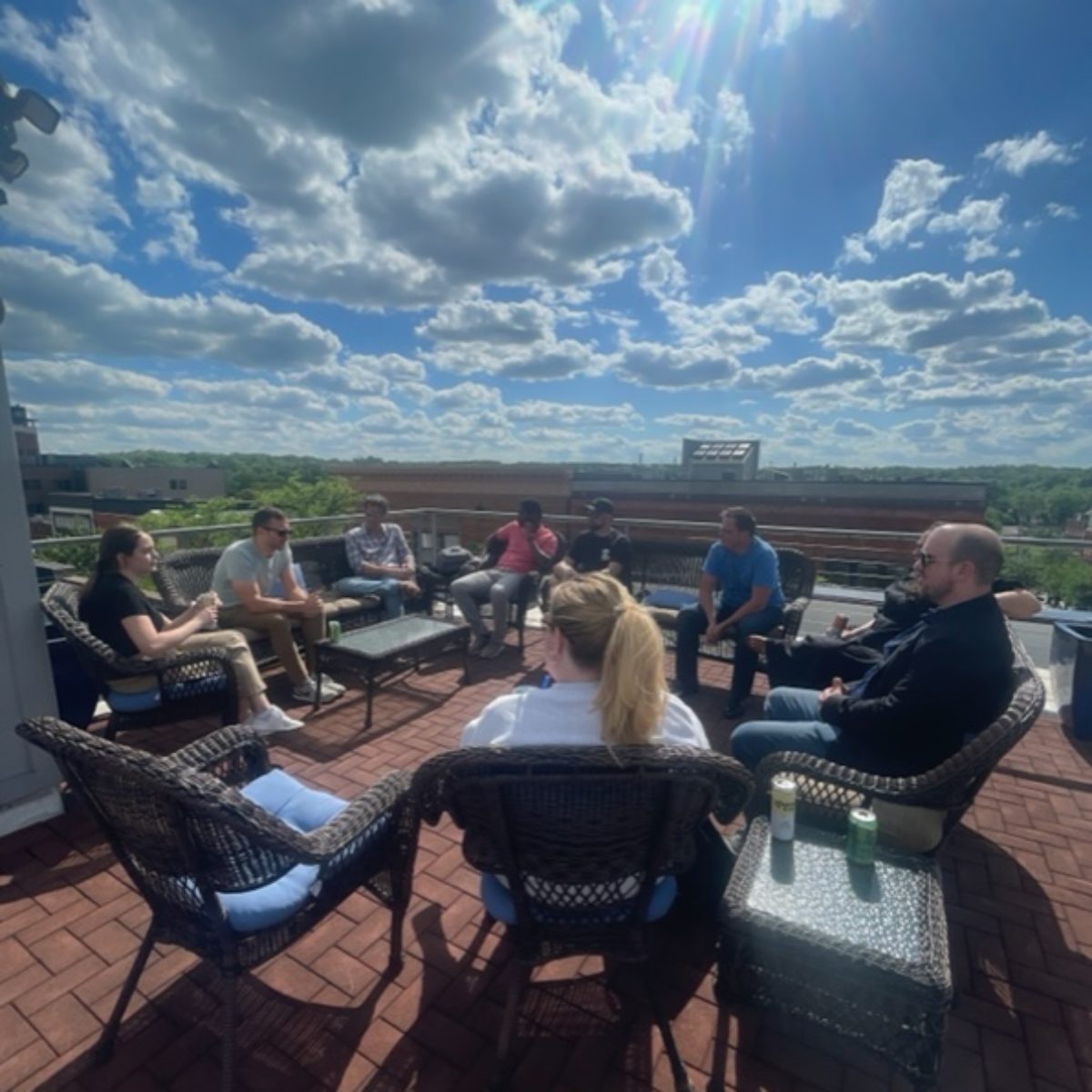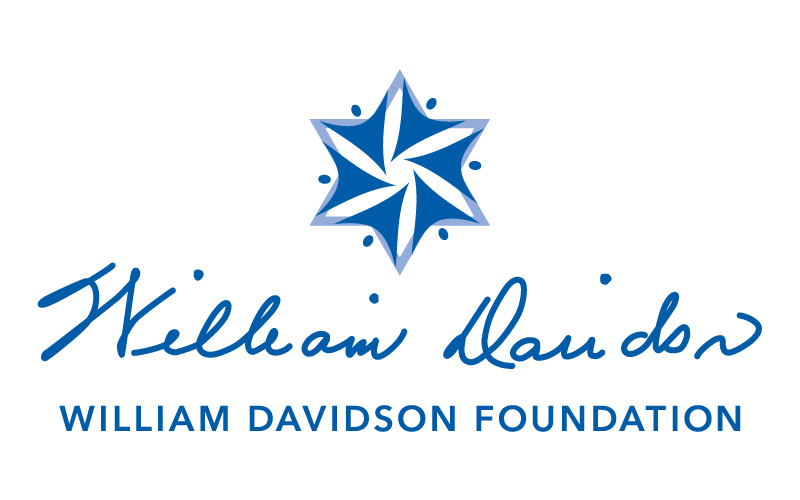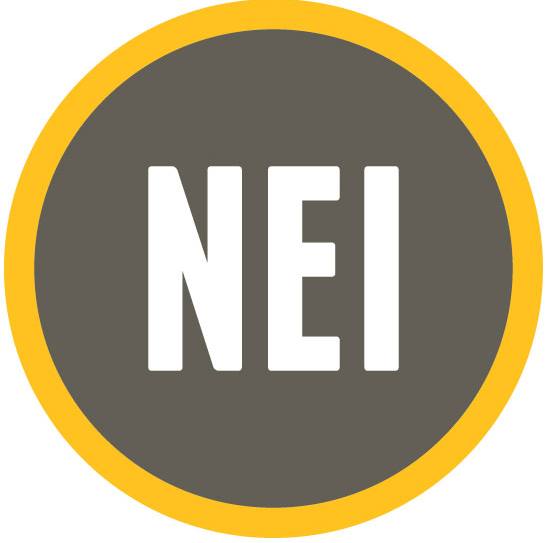Serving the Great Lakes Region
Detroit
Established in 2015, Endeavor's Detroit affiliate works across Michigan, Illinois and Northern Ohio to support entrepreneurs with the most potential to create economic impact
Dream bigger, scale faster, pay it forward
We are the leading community of, by, and for high-impact entrepreneurs
With the backing of an unrivaled network of business leaders, Endeavor selects, mentors and provides customized support services to entrepreneurs leading high-growth companies. Endeavor's entrepreneurs build thriving entrepreneurial ecosystems around the world by dreaming bigger, scaling faster, and paying it forward.


"Endeavor has helped me become a better entrepreneur that thinks bigger. When I invest time in the Endeavor community it pays me back 10x."
Jason Wenk
Founder + CEO, Altruist
Regional Impact
Endeavor Entrepreneurs Across the Great Lakes
$733M+
Capital Raised
$350M+
Annual Revenue
1500+
Jobs Created
35
Endeavor Entrepreneurs
21
Endeavor Entrepreneur-Led Companies

Team + Board
-
Team
Our staff provides customized services to equip entrepreneurs with the tools they need to reach next-level growth.

Diana Callaghan
Managing Director

Maria DeLorenzo
Director, Communications

Isabella Artiles
Sr. Manager, EX

Nadine Ghaith
Manager, EX

Wesam Iwas
Manager, EX

Anton Buri
Associate, EX
-
Board
Endeavor’s Great Lakes Region Board represents a curated group of business leaders and entrepreneurs from a variety of industries and sectors who guide the organization’s mission and growth.

Nate Lowery
LEXTM3

Lynda M. Applegate
Harvard Business School

Mike Vichich
Wisely

Jason Wenk
Altruist
Our Partners



Want to get in touch?
Are you a scale up founder, investor, potential partner, mentor, or board member? Learn the different ways to join the Endeavor Network and connect with us!
Detroit Office
1420 Washington Blvd, Suite 301,
Detroit, MI 48226
Chicago Office
350 N. Orleans, Suite 900N
Chicago, IL 60654
